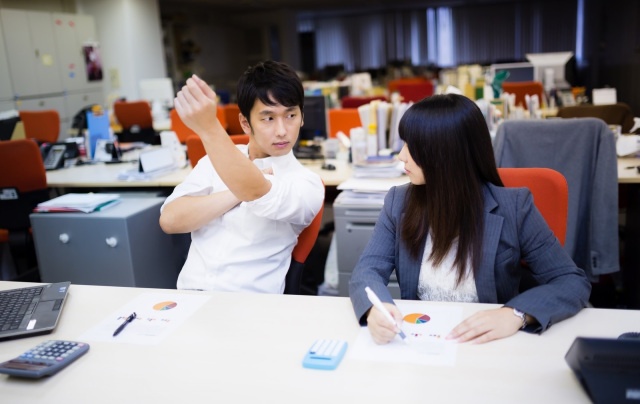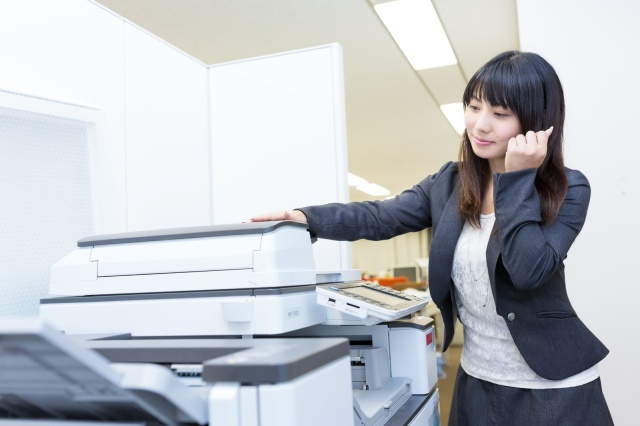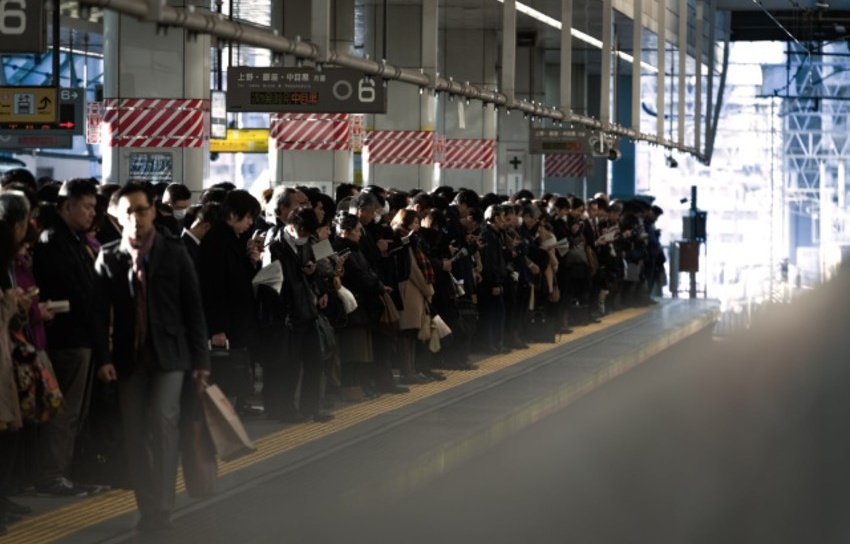8 Things Office Workers Didn't Miss in 2020
A recent survey by the Japanese Internet portal Biglobe asked Japanese workers, many of whom have transitioned to telecommuting, what they don’t miss about their old workdays.
By SoraNews24
https://soranews24.com/2021/01/11/eight-things-people-realized-were-pointless-about-japanese-work-culture-during-2020/
Specifically, the survey asked, "During 2020, what did you come to feel was a pointless waste of time and energy about your old workstyle?" Responses were collected from 1,000 people aged 20 to 69 (with multiple responses), and here are the top results.
8. Chitchatting with coworkers (chosen by 7.4 percent of respondents)
Sure, a little office banter is nice. But if you have a coworker who’s constantly yammering on and on and on about their pet snake, lousy ex, or new workout routine? Then silence is golden.
7. Visiting clients’ offices (13 percent)
6. Business trips (14 percent)
5. My office (14.2 percent)
Negotiations are a necessary part of doing business. But why bother spending an hour going across town when you can handle everything with a 15-minute phone call or video chat? Business trips are basically the jumbo-sized version of in-person office visits, making them even bigger time/energy drains, and come to think of it, isn’t going to your own office just a small-scale business trip that you do every day?

https://soranews24.com/2021/01/11/eight-things-people-realized-were-pointless-about-japanese-work-culture-during-2020/
4. Paper documents (20.7 percent)
3. Hanko (personal seals) (27.7 percent)
Japanese companies have a long love affair with paper. Not having an office printer, though, might finally convince some businesspeople that maybe they don’t need a hard copy of each and every document. Triplicate forms “just to be sure” don’t seem like such a great idea when you’re the one paying for toner and paper. There’s also the fact that in Japan, you can’t mail things from your home, and it’s a lot easier to send a digital copy while still in your pajamas than it is to get dressed and walk to the post office.
Japan’s signature-equivalent personal seals are also looking a lot less necessary these days, since if you don’t have a paper document, there’s nothing to stamp your hanko on. One Tokyo temple even held a funeral service for them.

https://soranews24.com/2021/01/11/eight-things-people-realized-were-pointless-about-japanese-work-culture-during-2020/
2. Work-related drinking parties (31.1 percent)
The key here is “work-related.” Some Japanese people do genuinely enjoy going out for a beer or two with friends who they just happen to work with. But when you’re at the pub because your boss invited everyone and you felt like you couldn’t say no, it can make the experience bitter in a way that has nothing to do with how many hops the brewer used.
1. Time spent commuting (35.4 percent)
Land is expensive in Japan, and while it’s one thing for a company to swallow the cost of rent in a centralized downtown district, that’s a luxury most workers can’t afford. A one-hour-one-way commute is pretty normal for Japanese office workers, and that hour is usually spent entirely on your feet walking to and from stations and standing in packed rush-hour trains. Compare that to rolling out of bed and maybe having to walk to your living room, and it’s easy to see why commuting topped the list.
The benefits of workers’ new lifestyles aren’t limited to just fewer things they dislike, either. When asked what positive changes they experienced in 2020, some
Related stories:
Survey by Japanese ministry reveals high rates of maternity harassment in workplace
Tokyo temple holds funeral for personal seals in effort to reform outdated business practice
12/21 is Japan’s “Long Distance Lovers Day”: What makes it so hard to keep up long distance love?
What do Japanese kids want to be when they grow up? For 30 percent of boys, YouTubers, survey says




